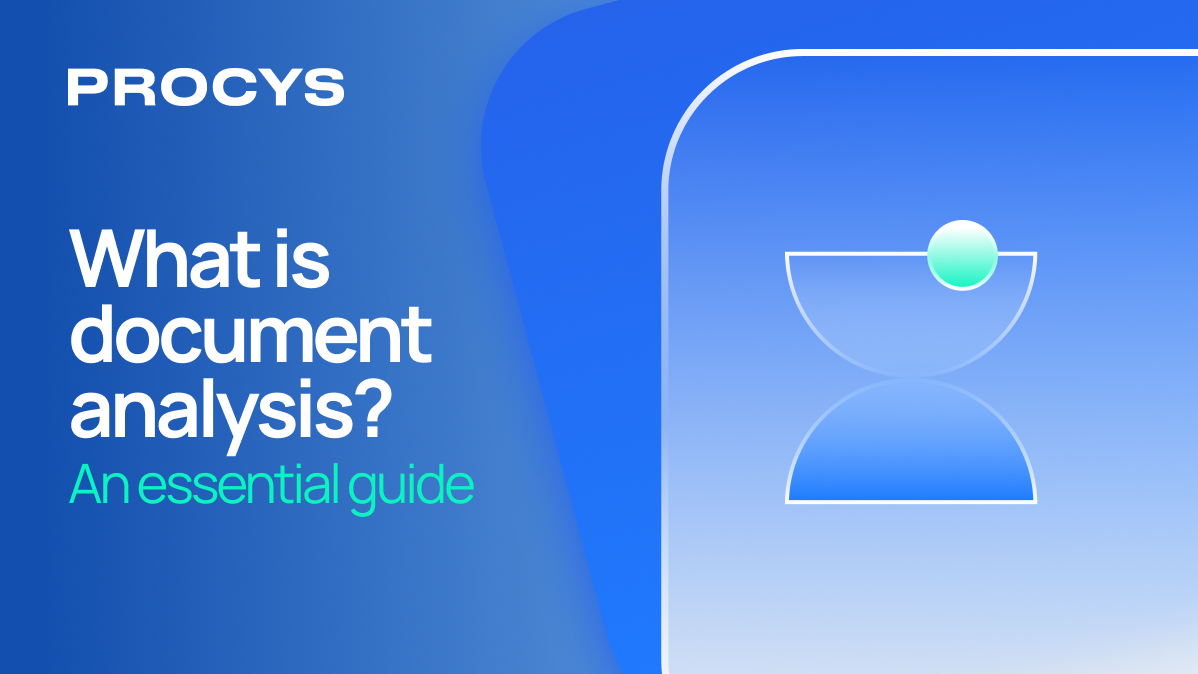Financial auditing is a fundamental part of business management that ensures the integrity and accuracy of an organization's financial statements. In recent years, we have witnessed a significant transformation in how auditing is conducted, with much of this change being driven by electronic invoicing. In this article, we will explore how electronic invoicing is revolutionizing the auditing market and shaping the future of the profession.
The Evolution of Electronic Invoicing
Electronic invoicing is a method of generating, sending, and storing invoices in digital format. It replaces paper documents with electronic files, saving time, resources, and reducing environmental impact. As technology advanced and government regulations promoted its adoption, electronic invoicing became the norm in many industries.
Benefits of Electronic Invoicing for Auditing
Electronic invoicing has brought about a series of benefits that are transforming the way financial auditing is carried out:
- Real-Time Data Access
Electronic invoicing provides immediate access to up-to-date financial data. This allows auditors to conduct real-time analysis and detect issues or trends more quickly and effectively.
- Automation of Auditing Processes
Automation is a key aspect of electronic invoicing. Electronic data is easy to process and analyze using specialized auditing software. This reduces the need for tedious manual reviews that are prone to errors.
- Reduced Human Errors
The inherent automation of electronic invoicing significantly reduces the possibility of human errors in financial data. This increases the accuracy of auditing and enhances result reliability.
- Simplified Regulatory Compliance
Electronic invoicing is often subject to regulations and legal requirements. Electronic invoicing systems are designed to comply with these requirements, making auditing in terms of regulatory compliance more straightforward.
- Increased Efficiency and Time Savings
Auditors can perform their work more efficiently thanks to electronic invoicing. Process automation and the availability of electronic data streamline the auditing process, reducing the time required to complete an audit.
Technological Tools for Auditing
Modern auditing greatly benefits from technological tools that have emerged in response to the proliferation of electronic invoicing. These tools enable auditors to:
- Analyze Large Volumes of Data: Audits can involve large sets of financial data. Technological tools allow for rapid and accurate data analysis, identifying patterns and trends.
- Conduct Continuous Audits: Instead of periodic audits, technological tools enable real-time continuous auditing. This provides constant visibility into an organization's financial health.
- Detect Anomalies and Fraud: Advanced algorithms can identify financial anomalies that may indicate fraud or unusual activities.
- Simplify Regulatory Compliance: Technological tools can help automate the collection of data required to comply with accounting regulations and standards.
The Future of Auditing
As electronic invoicing and related technologies continue to advance, the future of auditing will become even more digital and automated. Auditors will become experts in data analysis and the use of advanced technological tools. Real-time auditing will become the norm, providing organizations with a more accurate and up-to-date view of their financial situation.
In conclusion, electronic invoicing is transforming the auditing market by providing real-time data access, automating processes, and enhancing accuracy. This evolution is shaping a future where auditing will be more efficient and data-driven, benefiting both businesses and auditors. If you want to stay informed about all the latest developments in electronic invoicing and the financial sector, be sure to visit our Procys blog.





